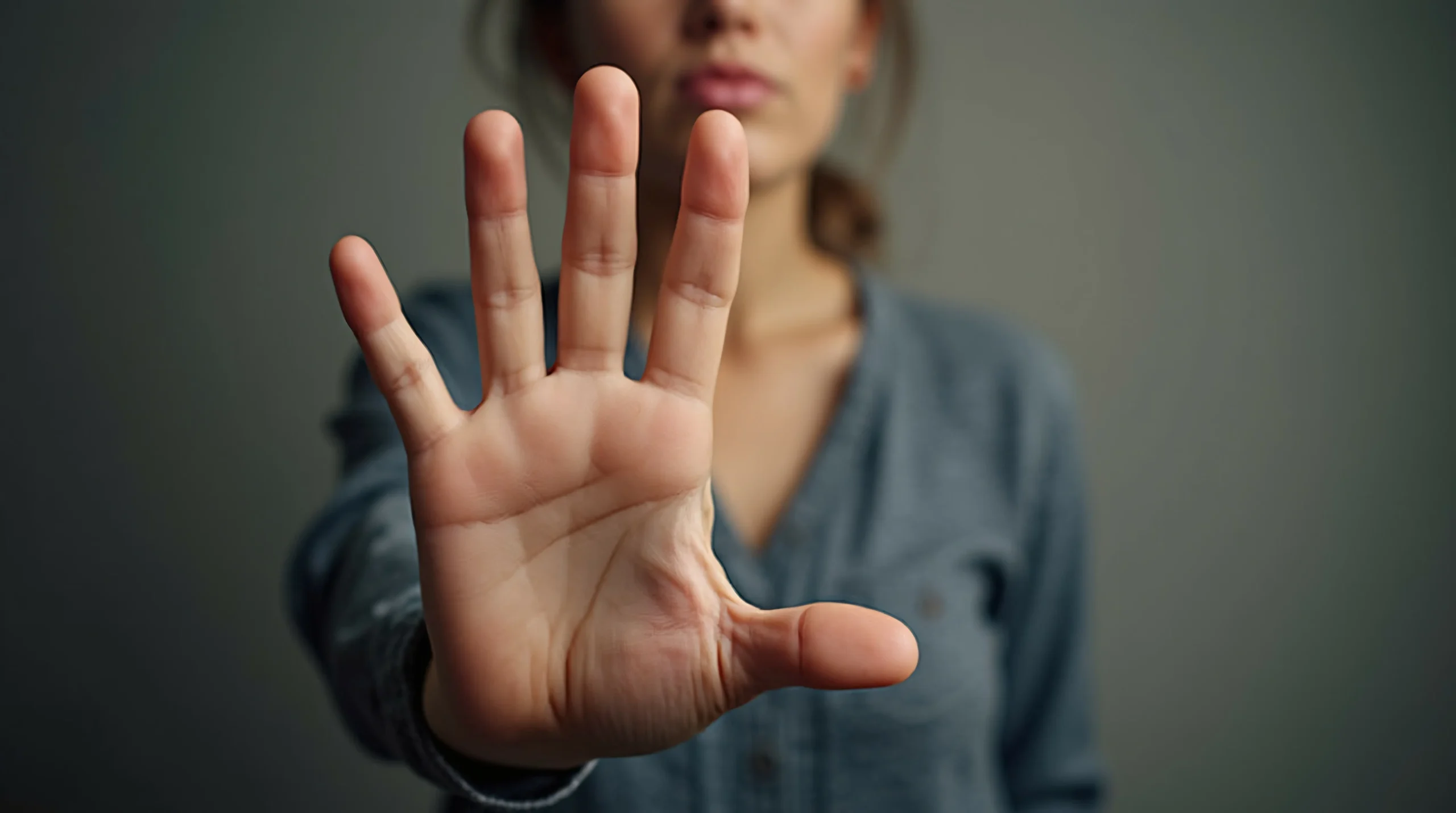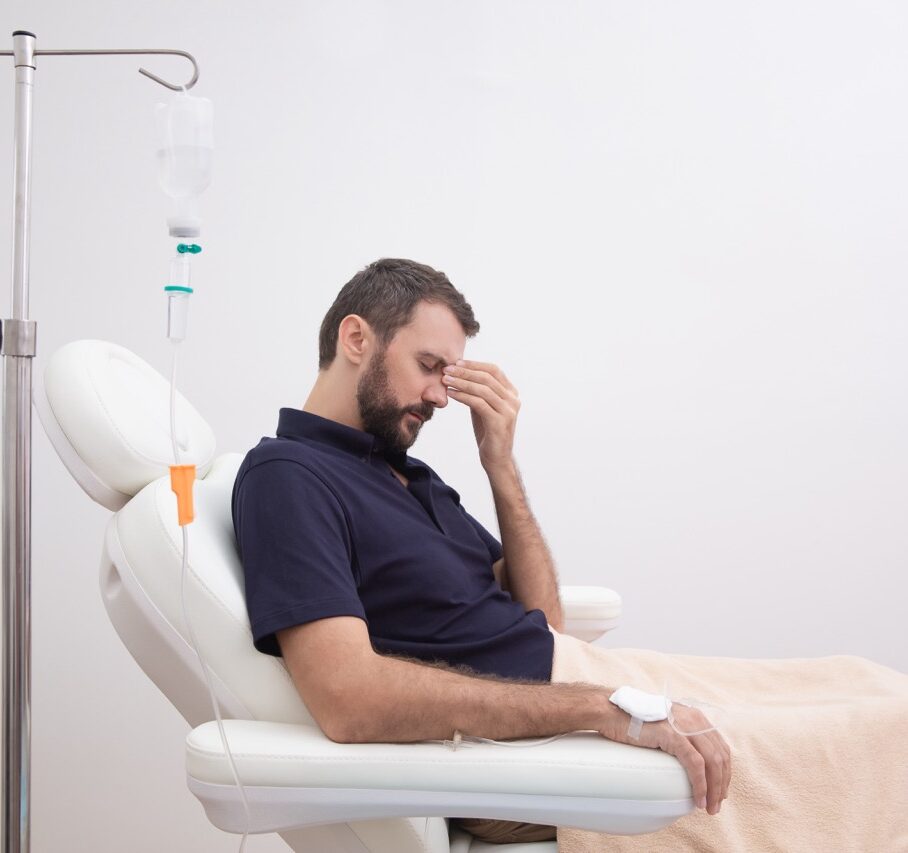The Mind-Body Connection:
The mind and body are closely intertwined, and mental health plays a pivotal role in physical well-being. When an individual experiences stress, anxiety, or depression, their body releases hormones that can lead to pain and hinder the recovery from injuries or illnesses. Furthermore, unhealthy behaviors like smoking, excessive alcohol consumption, and inadequate sleep are more prevalent in people with mental health conditions, contributing to physical discomfort.
Mental health conditions can manifest in various physical symptoms, such as headaches, muscle tension, digestive issues, sleep problems, fatigue, and pain in the chest, back, or joints. These symptoms are signals that our mental and physical health are interconnected, and addressing both aspects is vital for overall well-being.
Understanding the Impact of Mental Health Conditions:
- Stress: Stress triggers the release of hormones that can cause pain and impede the body’s ability to heal. Chronic stress can lead to persistent physical discomfort and worsen existing conditions.
- Anxiety: Anxiety often leads to muscle tension and soreness, which can result in pain. Additionally, anxiety-induced sleep disturbances can further contribute to physical discomfort.
- Depression: Fatigue, headaches, and various other physical symptoms are common manifestations of depression. Furthermore, the lack of self-care associated with depression can lead to additional health issues.
- Post-traumatic stress disorder (PTSD): PTSD can give rise to physical symptoms like headaches, stomachaches, and muscle pain, often triggered by reminders of the traumatic event.
Managing Physical Pain Associated with Mental Health Conditions:
- Get regular exercise: Engaging in regular physical activity can alleviate stress, anxiety, and depression. Exercise also promotes better sleep, reducing the intensity of pain.
- Practice relaxation techniques: Incorporate relaxation techniques like yoga, meditation, and deep breathing into your routine to reduce stress and anxiety, consequently lessening physical pain.
- Prioritize adequate sleep: Ensure you get enough restorative sleep as it is crucial for both mental and physical health. Quality sleep enhances your ability to cope with stress and pain.
- Adopt a healthy diet: Eating a balanced and nutritious diet supports overall health and well-being. Reducing inflammation through proper nutrition can also alleviate pain.
- Seek help from a therapist: Speaking to a therapist can aid in understanding the relationship between mental health and physical pain. Therapists can equip you with coping skills to manage pain effectively.
The intricate connection between mental health and physical pain highlights the importance of a holistic approach to well-being. Acknowledging and addressing the impact of stress, anxiety, depression, and other mental health conditions on physical health is vital for managing pain effectively.
By incorporating regular exercise, relaxation techniques, adequate sleep, a healthy diet, and professional help from a therapist, individuals can improve their overall health and well-being, leading to a healthier and happier life. Remember, seeking guidance from a healthcare professional is crucial in identifying the underlying causes of physical pain related to mental health and establishing a tailored treatment plan.










